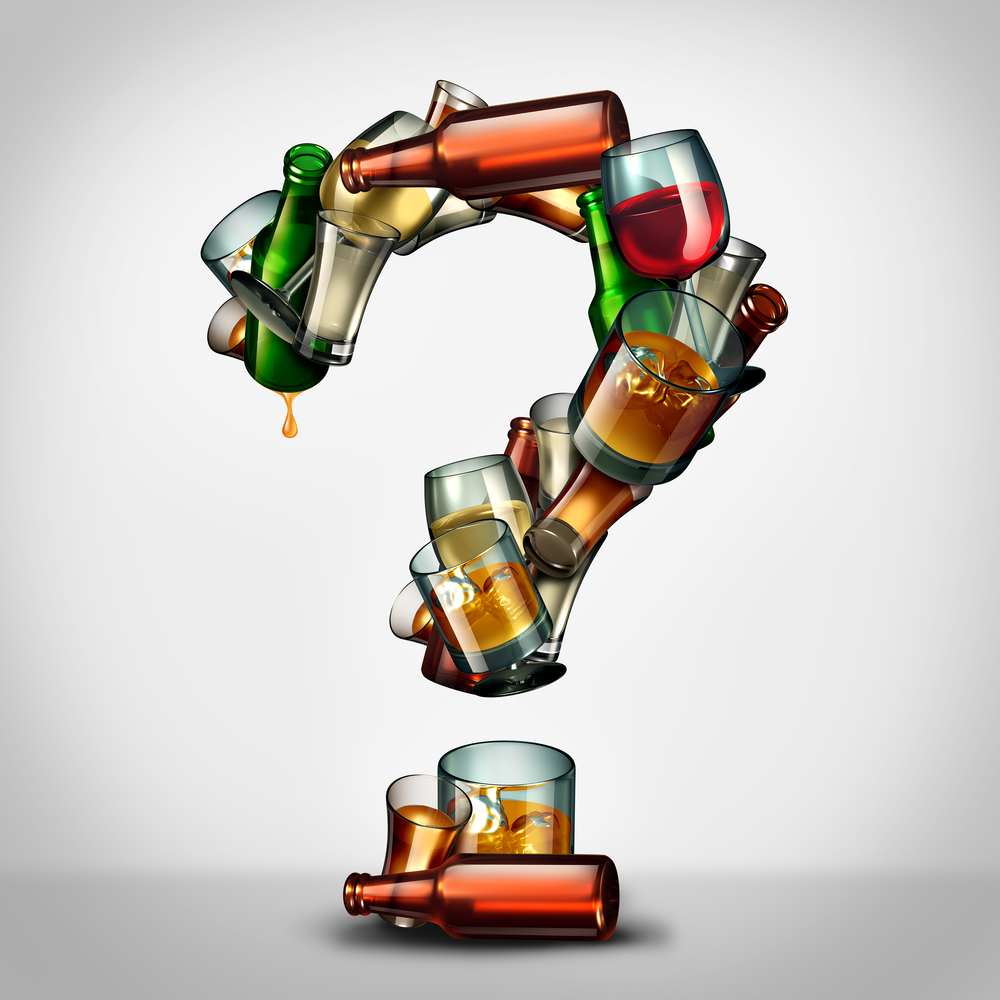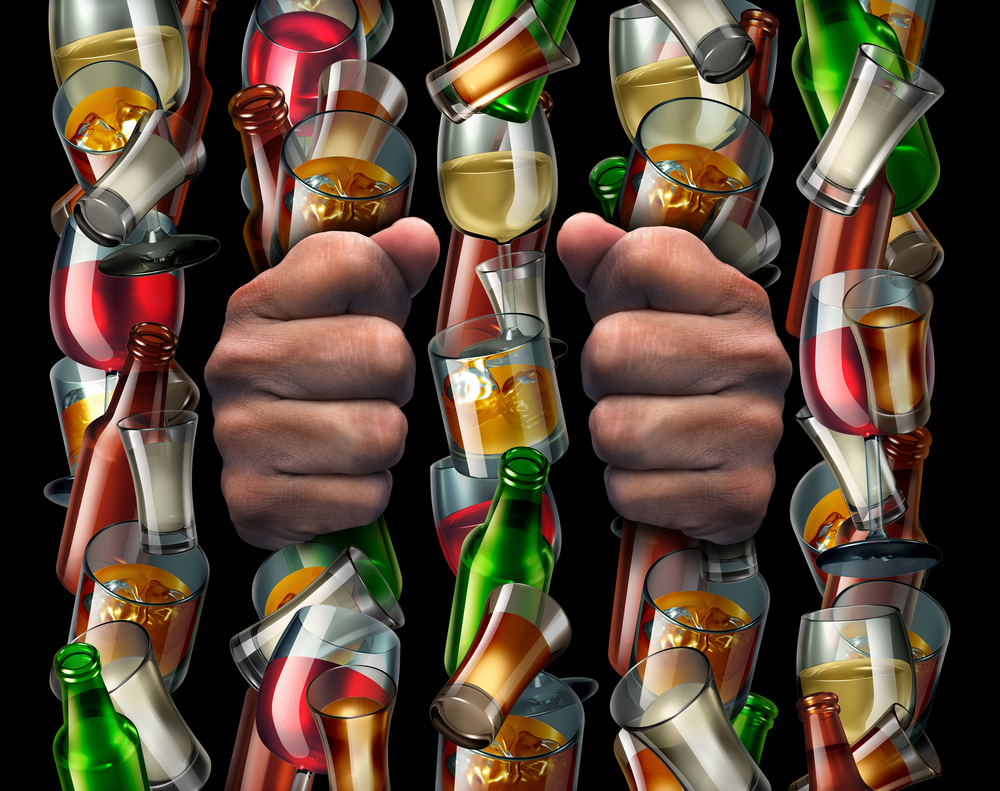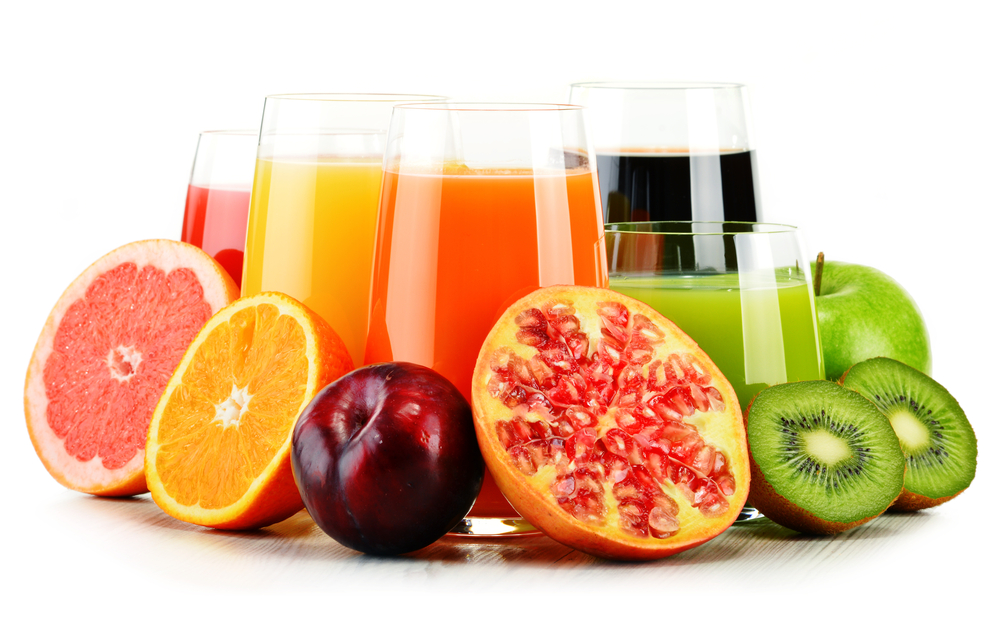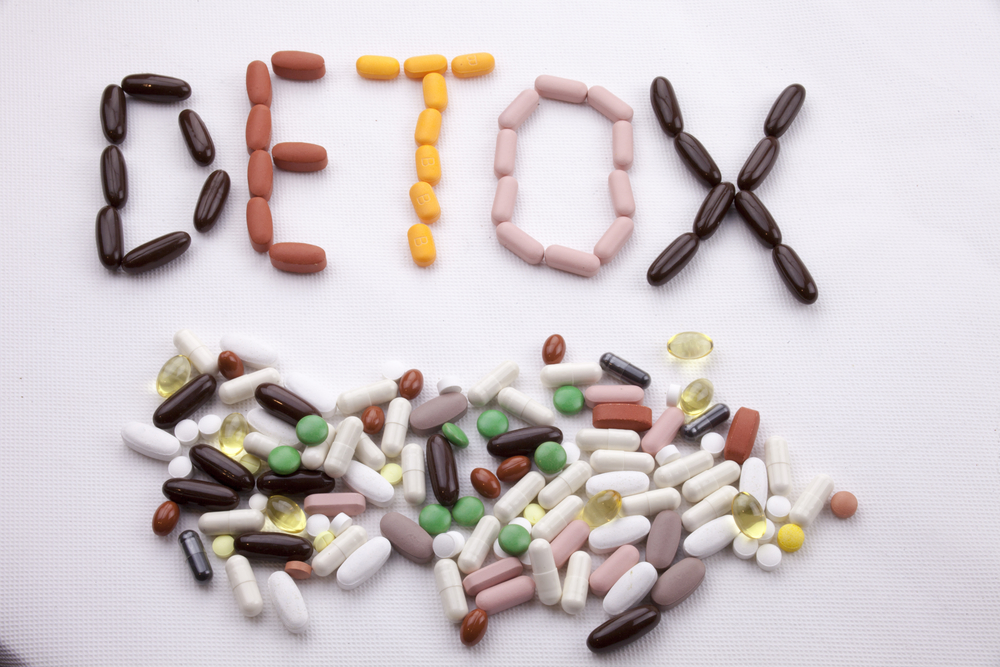What is Alcohol Detox?
According to Substance Abuse and Mental Health Services Administration (SAMHSA), alcohol detox starts to happen rather quickly after an alcoholic hasn’t taken a drink within 8-72 hours. Also, alcohol detox (alcohol withdrawal symptoms) will usually occur whether you are in a professional alcohol detox program, or if you just cannot get your hands on any more alcohol.
Who is at Risk for Alcohol Withdrawal & may need Alcohol Detox?
SAMHSA’s National Survey on Drug Use and Health (NSDUH) – 2014 (PDF | 3.4 MB), has reported some sobering statistics. Here are some of the NSDUH’s stats: “About two-thirds 66.6% of all people in the USA, over 12-years old, represented in the 2014 (NSDUH) survey, said that they drank alcohol in the past 12 months.”
How many Millions of People could require Alcohol Detox?
Wait! How many is that, exactly? That’s a lot of numbers! Okay, the same NSDUH survey reports that this amounts to nearly 140 million Americans who had a drink in 2014. Of almost 140 million people, 60.9 million Americans were binge alcohol drinkers. Plus, there were about 17 million Americans, who drank heavily enough to meet the criteria for an alcohol use disorder.
It is also sad to report; the same NSDUH survey said, “Only 8.9% of the people over 12-years old received the proper specialized treatment.” This NSDUH report means that these people couldn’t find the right people or treatment plans that could help them, including the proper alcohol detox treatments. The 2014 NSDUH Survey’s numbers may seem exaggerated; however, they don’t account for the total number of Americans who were in mental or prison institutions. Finally, the same 2014 survey said that 88,000 Americans died from causes related to drinking alcohol.
What does this mean? Who might need Alcohol Detox Treatment?
This NSDUH survey indicates that if you’re one of the 6.4% who’s been drinking heavily, you’ll usually start to get a hangover or other alcohol withdrawal symptoms within three to eight hours. Any casual drinker can tell you that hangovers are no fun. When people experience hangovers, they’ll usually swear, “I’ll never drink again!” However, the next week, these same people can be seen at keg parties—their vows, long forgotten.
You’ve decided to start Alcohol Detox! Ok – Where to Start?
Okay, now that you’ve decided to start on your journey through alcohol detox to find sober recovery—where to start? There are a lot of alcohol detox and rehab treatments.
One thing is certain—please do not quit “cold turkey”! Stopping too quickly is very dangerous and potentially life-threatening. You’ll need someone to monitor you while you start your alcohol detox program.
Not “One” Alcohol Detox Treatment will work for every “One”!
Also, realize that no “one” treatment works best for everyone. Everyone’s journey to this point of wanting alcohol detox has been different, and the same is true for getting sober. Since you are unique, it is good news that you cannot predict whether you will fail or succeed. However, you’ll want to choose the most highly-rated, alcohol detox treatment program. Choosing the right program will exponentially increase your odds of success.

What types of Alcohol Detox Treatment Plans are best for you?
Remember that you are out of the ordinary—no person is exactly like you. There are mazes-within-mazes of alcohol detox treatment programs out there. Outpatient treatments, inpatient treatments, residential treatments, and alcohol detox services, just to name a few. Some people require specialized psychiatric programs for patients with dual diagnosis, and more! If it’s a real emergency, you can sort out the details later with the hospital doctor. Otherwise, if you are in mental distress then calling our special hotline: 855-631-1688 could help you. You may need someone caring to talk to—or find out which alcohol detox best fit your needs.
What Support Groups or Hotlines to help with Alcohol Withdrawal?
Yes, there are many support groups. Call our hotline: Talking with someone over this hotline can help you with your questions about how to go about alcohol detox. It is important to call someone or ask for help, especially if you’re scared or experiencing strange alcohol withdrawal symptoms. It is also vital that you contact the right place that has a caring individual rather than a salesperson! Most likely, you’ll want to call professional people to understand treatment and your situation.
Also, you might need to have an intervention to help you or your loved ones with alcohol addiction or its severe withdrawal symptoms. To get help, call or click on the handy links to support groups and emergency intervention services, below:
- Alcoholics Anonymous (AA), which has both online resources and local support chapters.
- Prevail Intervention gives links to many support groups (http://www.prevailintervention.com).
- Is it an emergency and you need a Hotline? Call the Addiction Hotline: 1-855-631-1688.
- Need an Intervention? Click this link
- Is it is an emergency? Call 9-1-1 Or, get to the nearest hospital!
Are there any possible Dangerous/Deadly Alcohol Detox Symptoms?
The most dangerous and sometimes fatal alcohol withdrawal symptom, known as Delirium Tremens, occur in three to five percent of alcoholics. If you get this symptom, which is usually characterized by “the shakes” you need to get to the hospital immediately. It can lead to seizures and death.
Is there a Timeline for Alcohol Detox (Withdrawal) Symptoms?
Yes, there is also a timeline that gives specific symptoms that may (or may not) occur: at the National Library of Medicine (“NLM”). While this timeline is considered reasonably accurate, please remember that everyone is different. The following timeline is here so you’ll have a general idea of what could happen.

Here is a general Alcohol Detox Timeline
Here is a generalized alcohol detox timeline of alcohol withdrawal symptoms. See this page for more of the AWD (AWful Dreadful) Symptoms that you might experience if you keep abusing alcohol.
The odds will increase that you’ll get one or more of the dreaded alcohol withdrawal-related symptoms. Hangovers or even “the shakes,” if you drink alcohol—day in and day out.
The DT’s may not start right away. Usually, they will happen within a day at the earliest and up to 72 hours later. The DT’s are among the most dangerous symptoms, and this is why people with alcohol withdrawal symptoms should receive care in a hospital-like setting.
At the very least, a professional therapist who specializes in alcohol detox techniques should be at hand. Ideally, you want to have medical technicians and alcohol detox specialists. People who will continuously monitor you in an alcohol detox or rehab center. Having professionals who can carefully monitor your blood pressure, heart rhythm, and any other symptoms ensure that you are as comfortable as possible. Having expertly trained people while you stay in plush surroundings does not always mean that you’ll experience a pain-free, alcohol detox. It may comfort you to know that most of the worst symptoms will usually end before two weeks of alcohol detox are complete.
Why not stop Cold Turkey without using an Alcohol Detox Clinic?
If you stop “Cold Turkey,” it can be fatal. That’s because your brain and the central nervous system can fluctuate wildly! If you stop drinking alcohol, which depresses your nervous system, your system can become “confused,” and it won’t know if it’s coming or going. It’s may even experience the deadly condition of “Delirium Tremens” aka “the shakes.”
What else can you do to help yourself during Alcohol Detox?
What can you do to help yourself? Certain foods and supplements may help you recover faster. If you’re interested in learning more, check out Prevail Intervention’s Article, titled: “Alcohol Withdrawal.”
Many people are looking for a summary of the primary supplements that may help you with detox. Drinking alcohol lowers vitamin B1 levels. So, many times, Vitamin B1 is given as a standard course of treatment as part of most programs’ detox treatments to help recovery. Also, Vitamin C, Milk Thistle, and Magnesium and Epsom salts can help. Alcohol is known to dehydrate your body, and since your brain is 80% water, you’ll want to stay as hydrated as possible. Some ways to stay hydrated, including drinking the cleanest water possible, vegetable or fruit juice—or just eating a lot more fruits and veggies.

Can Fresh, Organic Foods help you during Alcohol Detox?
Yes! Wondering about fresh, organic superfoods that help with withdrawal symptoms. Spirulina, Chia seeds, and avocados are all great. Healthy juices, smoothies, pure water, and delicious, non-alcoholic mock-tails can come in handy. Especially for those alcohol-free parties to celebrate someone’s triumphant journey through alcohol detox! Adding-in some Cayenne pepper may even help you curb cravings for sweets and alcohol while you are undergoing the alcohol detox process, even for months afterward.
Last, but not least, there is a small, but powerful superfood that’s hidden under many American’s noses. Wild blueberries from Maine. Wild blueberries are superior to regular blueberries since regular blueberries have been cared for and cultivated. Also, Wild blueberries have been growing in Maine for over 10,000 years. Consider those wild blueberries can get burned down to the ground and survive! Further, wild blueberries are adaptogens which means they can help your nervous system.
There is an article on a webpage geared to nutrition, which discusses why it’s so hard to quit drinking. Besides the physical effects of drinking or eating the wrong foods too often, there are underlying emotional problems to consider. There is a technique Emotional Freedom Technique (EFT) that you might try: to help you get to the root of your emotional problems. EFT has been known to help people curb their cravings for alcohol. Feelings are easier to deal with by using EFT “tapping methods.”
What Foods or Drinks should I avoid my Alcohol Detox?
Of course, during your alcohol detox process, you should avoid alcoholic beverages. However, one drink which people do not usually consider eliminating is coffee. Many places recommend that you should cut back on coffee during alcohol detox because coffee is a diuretic. Considering both coffee and alcohol tends to dehydrate you it’s a bad combo! Coffee also raises your blood pressure, and so does alcohol detox. Remember, coffee may cause anxiety. Something you don’t want during alcohol detox.
What usually happens when people enter an Alcohol Detox Center?
The first thing that usually happens when you enter any detox treatment facility involves an assessment by the staff. Their primary priority is to ensure that you are okay.
The professional personnel will want to ensure that you are well enough; they want to make sure you’re ‘stable enough’ to start undergoing your alcohol detox treatment. If this is a specialized alcohol detox treatment center, all of the staff members are required to know that you should not be suddenly cut off from alcohol without medication. Usually, the best approach to alcohol detox is in a hospital-like setting, where medical technicians can watch you around the clock.

Phase One — What usually happens during Alcohol Detox?
During the very first phase, the professionals at the alcohol detox center want to see that you are settled in and stabilized. Considering you’ll probably be hooked up to machines that monitor your blood pressure and other “vital stats.” Plus, they may give you what’s called a medical detox: to help control the alcohol detox withdrawal symptoms, including alcohol withdrawal syndrome. Sometimes, the medical technicians will give you an IV to keep you from getting dehydrated—or medicines to reduce the possibility of nausea or seizures. And, quite possibly, they will give you medicine to help you relax or “sleep it off” (so you won’t notice so many alcohol detox withdrawal symptoms).
It would be fantastic to say that you won’t feel any discomfort during the alcohol detox process! However, to be realistic, the process can be rough physically and emotions. Remember, during this phase, the medical staff will do everything they can to make you comfortable. Also, the number one priority for the professionals at the alcohol detox center is to make sure you stay safe.
Phase Two — What usually happens during Alcohol Detox?
What usually happens during stage two of effective alcohol detox? Benzodiazepines are a common solution. Benzodiazepines are used quite often to help you control some of the central nervous system’s activity—so you won’t stress out as much during this stage of “active” alcohol detox. While you are relaxing, you’ll most likely be hooked up to monitors and sensors that keep track of your blood pressure and heart rate. This way the medical personnel will be alerted if you need anything during this most-critical phase of your alcohol detox process.
Phase Three — What usually happens during Alcohol Detox?
During this stage, the professional personnel will carefully wean you from alcohol, according to a rigorous schedule in precise increments. The goal is to ensure that you don’t experience the dreaded AWD “delirium tremens” during your withdrawal from alcohol. They will also give you tests to see if you are deficient in vitamins, and they may provide you Thiamine (B-1), or other vitamins to help you avoid additional side effects. The professionals may give you dietary advice and also offer tips to help you sleep better.
Phase Four — What usually happens During Alcohol Detox?
When you get to phase four of alcohol detox, you are likely ‘out of the woods,’ physically. However, your emotions may run stronger than usual. Remember, if you have been drinking heavily, you likely haven’t dealt with emotions in a healthy way. If you start having depression, anxiety, or suicidal thoughts—then make sure you don’t keep these thoughts to yourself. During this time you need to tell someone, so your emotions don’t get the better of you. After all, you didn’t go through this strenuous alcohol detox to give in and relapse, did you?
Phase Five — What usually happens After Alcohol Detox?
What usually happens after the “active” periods of alcohol detox? Preventing your relapse is the name of the game. At this stage, you may still be given medication to keep mentally stable and relatively pain-free. Phase five is when you’ll likely want to keep going to your therapist and possibly join a 12-step group for ongoing support.
Why do most therapists recommend that people attend 12-step and other support groups? The reason these specialized groups are relevant is that you are joining like-minded people, who can support you. They know a little more about the alcohol detox process than most of your friends and family do since they’ve been down the same road. Also, it may be time to talk about your problems and goals with new people, who haven’t heard you rehash the same old things about your recovery journey.
Finally, even if you feel like a new person after your alcohol detox, your friends and family may not see the new you. That’s why it’s important to connect people you’ve never met so that you can see yourself in a whole new light.
What & When are FDA-approved “Meds” given for Alcohol Detox?
The following medications: Disulfiram, Naltrexone, Acamprosate, and Topiramate are U.S. Food and Drug Administration (“FDA”) approved medications are often part of the process during any stage of the alcohol detox phases (Phases 1-5). However, these FDA-approved medications are typically given (during or after) Phases (3-5). These FDA-approved medications help keep people clean and sober; for example, after the most-intensely active alcohol detox procedures and withdrawal symptoms have occurred.
Why are certain FDA-Approved “Meds” given after Alcohol Detox?
Why are many FDA-approved “meds” such as “Disulfiram” usually given after the clinical weaning process of alcohol detox phase is completed (at a phase when you are no longer using alcohol)? That’s because Disulfiram (aka Antabuse®) can make you very sick and nauseous if you’re still drinking alcohol. Some of these medications “Acamprosate (aka “Campral® “) can help to reduce long-term pain or alcohol-related withdrawal symptoms such as anxiety, unhappiness, uneasiness, insomnia, etc.
Some of the FDA-approved medications such as Antabuse® can make you sick (and you could vomit) after drinking alcohol. Then the other FDA-medications, including “Naltrexone” and “Topiramate” block your pleasure and other receptors of your brain (so you don’t feel rewarded when you drink). See more about these medications, including Topiramate at SAMHSA’s webpage: “Clients with Substance Use and Eating Disorders.” Plus, see the same (SAMHSA) webpage that discusses all of these medications, including more about Topiramate, which shows promise to treat Bulimia Nervosa and Binge Eating Disorders, along with alcohol use disorders: during alcohol detox programs.
Do I need to be monitored during Alcohol Detox?
Please realize that alcohol withdrawal is dangerous without a carefully monitored detox process. Clinically supervised, medical detox programs at well-managed treatment facilities can also provide you with secure and supportive surroundings to help you get clean and sober, as quickly as safely possible. The medical staff can also provide you with the most advanced tools and support-team even after you believe you’re “done” with your alcohol detox plan. The medical and professional alcohol detox team is there to help you to keep moving forward–so you can move towards a better future for you and your loved ones.
Whatever methods or alcohol detox treatment centers you choose, we are here for you! Call us, if you need guidance to navigate the maze of treatment options that are out there. We are here for you!
